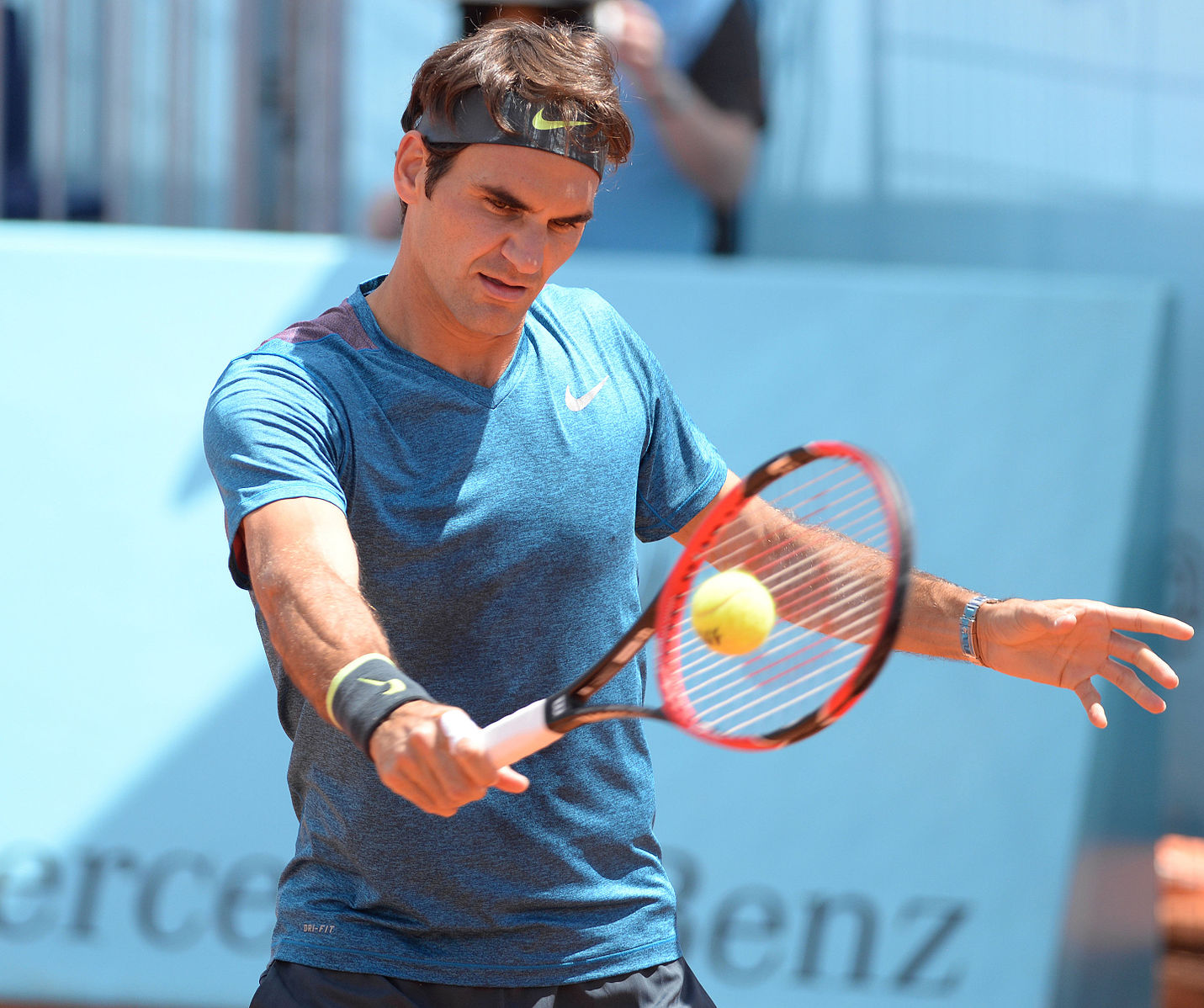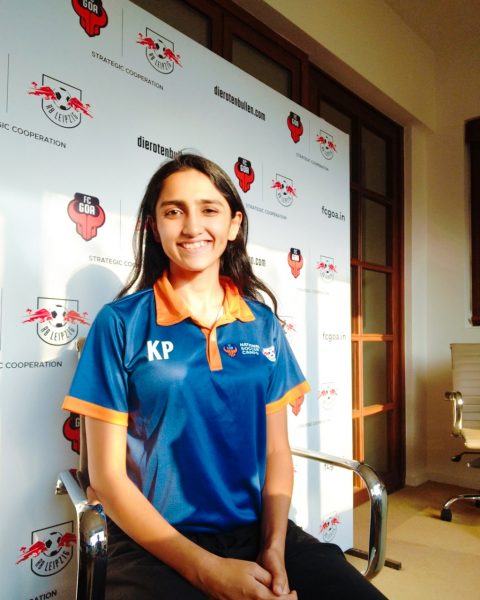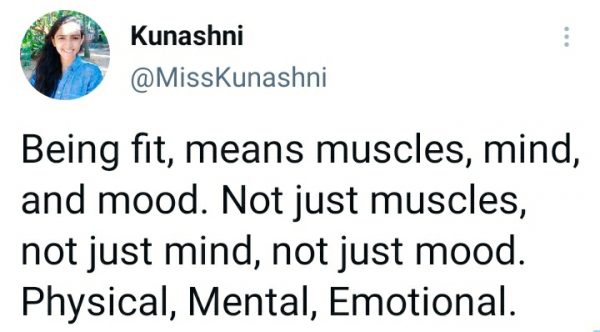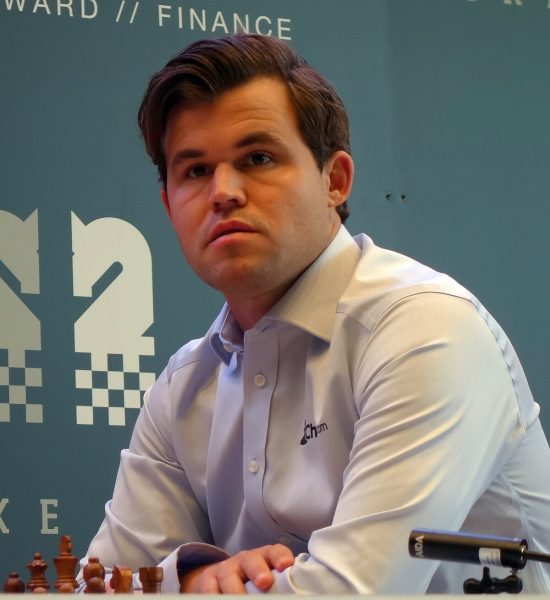Roger Federer, a 20-time Grand Slam champion, is often regarded as one of the most graceful and composed athletes the world has ever seen. Whether he’s delivering an ace under the pressure of match point or calmly executing a perfectly timed backhand, Federer seems to possess an uncanny ability to slow down time when it matters most.
But his success isn’t just about physical skill—it’s a result of his mental mastery. Federer taps into a powerful psychological technique that allows him to slow down his perception of time, giving him the mental edge needed to make precise decisions in high-pressure moments. The best part? This technique can work for any athlete.
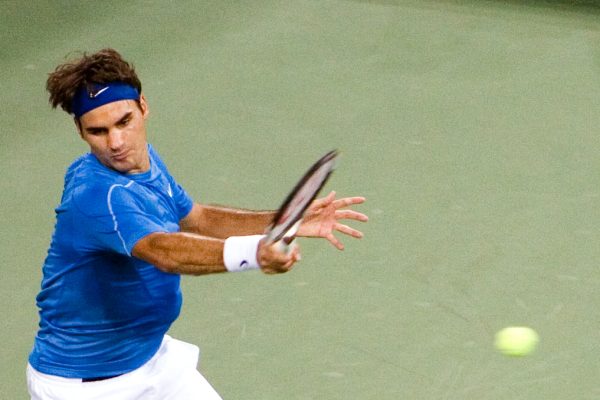
The Science Behind Time-Slowing
How does Federer appear to have all the time in the world while his opponents are rushing to react? The secret lies in how he controls his perception of time. Neuroscience shows that our perception of time can change depending on how we focus our attention.
In high-pressure moments, when emotions run high and the stakes are significant, many athletes experience a rush—time seems to move faster, and decisions feel hurried. But elite athletes like Federer have learned how to manipulate their focus to slow down time, allowing them to make clearer, more strategic decisions.
Research suggests that the brain’s prefrontal cortex, responsible for decision-making, and the parietal cortex, which processes sensory information, work together to influence our perception of time. When these areas are activated in a calm, controlled manner, it can create the sensation of time slowing down, giving the athlete more perceived time to react. This phenomenon is sometimes referred to as “chronostasis”—the subjective feeling that time is stretching.

Federer’s Time-Slowing Hack: How It Works
Federer’s ability to slow time doesn’t come from some inherent gift but from a specific mental technique that anyone can learn. His secret is the result of focused attention, deep breathing, and mindfulness, which allow him to stay present and relaxed even when under pressure. By entering this calm state of mind, Federer expands his awareness and slows down the internal clock that rushes other players.
Here’s how you can apply Federer’s time-slowing hack in your sport:
1. Take a Deep Breath: In high-pressure moments, the first step is to take a deep, deliberate breath. This simple action helps calm the mind, lowers your heart rate, and reduces the fight-or-flight response that can make time feel like it’s speeding up.
2. Focus on One Specific Sensory Detail: Next, zero in on a single sensory detail, such as the feel of the ball against your hand, the sound of your heartbeat, or the sensation of your feet on the ground. By focusing intensely on one sense, you can ground yourself in the present moment and reduce distractions.
3. Expand Your Awareness: After concentrating on that sensory detail, gradually expand your awareness to take in your entire surroundings. Become aware of the movement of your opponent, the rhythm of the game, and your own body’s position. This heightened state of awareness helps you slow down your perception of time and see the game in a broader context.
4. Make Your Decision or Take Action: From this expanded, calm state, you can make your decision or take your action with confidence. The key is that you are no longer reacting impulsively but making thoughtful, deliberate choices, even in the heat of competition.
This four-step process is Federer’s mental edge, allowing him to remain cool and collected while others falter. It’s not just about reacting to the ball but about managing his mind so that he always has more time to respond.

Why This Technique Works for Every Athlete
The beauty of Federer’s time-slowing hack is that it’s not limited to tennis. Athletes from all sports can benefit from this technique, whether you’re a basketball player facing a game-deciding free throw or a sprinter preparing for the last lap of a race. In any high-stakes situation, being able to control your perception of time can make the difference between success and failure.
By practicing this time-slowing hack, athletes can improve their decision-making, reduce performance anxiety, and maintain focus under pressure. It’s a tool that empowers you to take control of the game, instead of being overwhelmed by the fast pace of competition.
How to Train Your Mind to Slow Down Time
The best way to master Federer’s time-slowing hack is through consistent practice. Just as physical training strengthens your body, mental training sharpens your mind. Here’s a simple exercise you can incorporate into your daily routine:
• Daily 2-Minute Practice: Set aside 2 minutes a day to practice the four steps of Federer’s time-slowing technique. Start by taking a few deep breaths, focus on a specific sensory detail (like the feel of a tennis ball or the rhythm of your breath), then gradually expand your awareness. After a few days of practice, you’ll start to notice a heightened ability to stay present and composed in intense moments.
• Mindfulness and Meditation: Incorporating mindfulness or meditation into your training can also help develop the mental clarity needed to slow time. Athletes who practice mindfulness often report feeling more in control during pressure-filled moments, as they are able to keep their focus on the present rather than letting anxiety or distractions take over.

Control Your Perception, Control the Game
Roger Federer’s mental strength is just as impressive as his physical abilities. His mastery over time, his ability to slow down in the most stressful situations, is what sets him apart from the competition. And while Federer’s success is the product of years of practice and refinement, the principles behind his time-slowing hack can be applied by any athlete.
When you learn to control your perception of time, you gain an extraordinary advantage. You give yourself more mental space to think, react, and perform. Whether you’re playing tennis, competing in a marathon, or preparing for a high-stakes event, this technique will help you rise above the pressure and stay in control.
Conclusion: Train Your Mind, Elevate Your Game
Roger Federer has shown the world that greatness in sport is as much about mental mastery as it is about physical skill. By using his time-slowing hack, he has consistently stayed one step ahead of the competition, winning matches by remaining calm, focused, and composed in the most intense situations.
Athletes across all disciplines can adopt this powerful mental strategy to gain a competitive edge. Take a deep breath, focus on the present, and practice expanding your awareness.
Train your mind as much as you train your body, and you’ll find that in the moments that matter most, time will feel like it’s on your side.
Ready to control the clock in your next big game? Start practicing Federer’s time-slowing hack and watch your performance soar.

